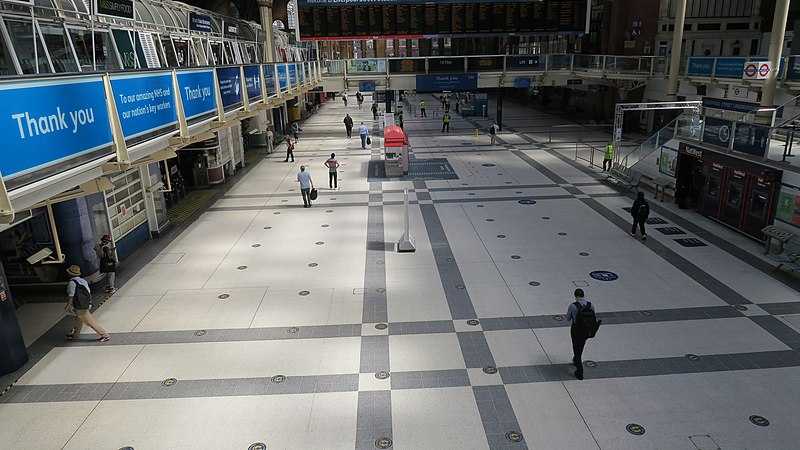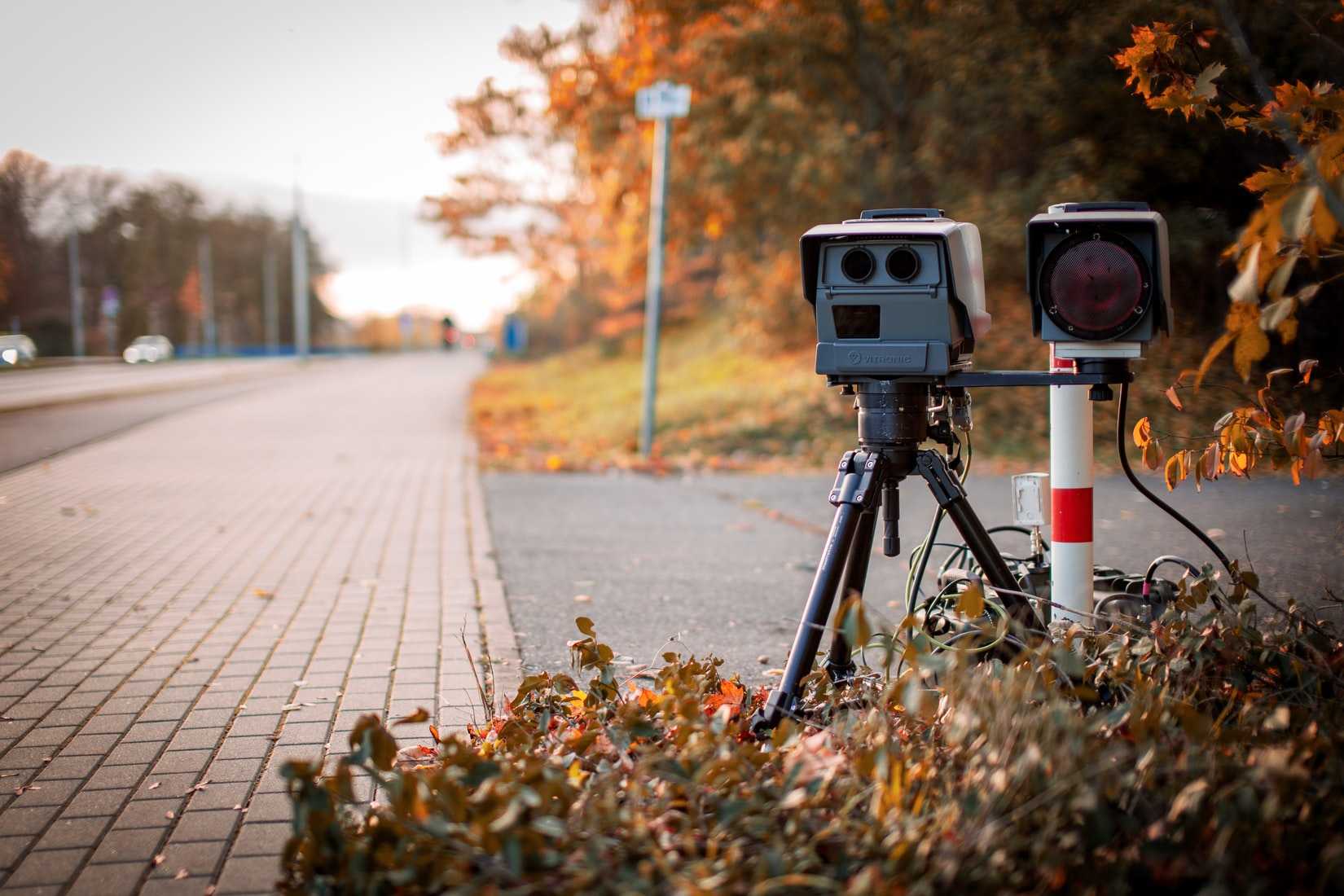
Anticipatory government
From reactive to proactive.
How likely? How soon? What impact?
Citizens now demand performance and responsiveness from government that matches what they have come to expect in the private sector. Yet cities must make do with limited resources. To gain ground on both fronts, cities will employ urban tech to anticipate needs and crises before they occur, when they can be addressed with less urgency, at lower cost, and with better outcomes.
While anticipatory government will take hold in coming years under the benign banner of optimization, it could quickly turn dark as it intersects with all the other problematic aspects of urban tech. If sensor data that informs triage algorithms isn't complete or biased, will preemptive repairs and interventions amplify these inequities? Do such systems take key decisions about allocation out of the hands of public officials and complicate accountability? Worse, do they subvert democratic and oversight processes? Finally, will punitive anticipatory systems for enforcement of laws or restriction of mobility and other freedoms—however "rational" in design—reinforce or create new disparities?
Signals
Signals are evidence of possible futures found in the world today—technologies, products, services, and behaviors that we expect are already here but could become more widespread tomorrow.




..png)




